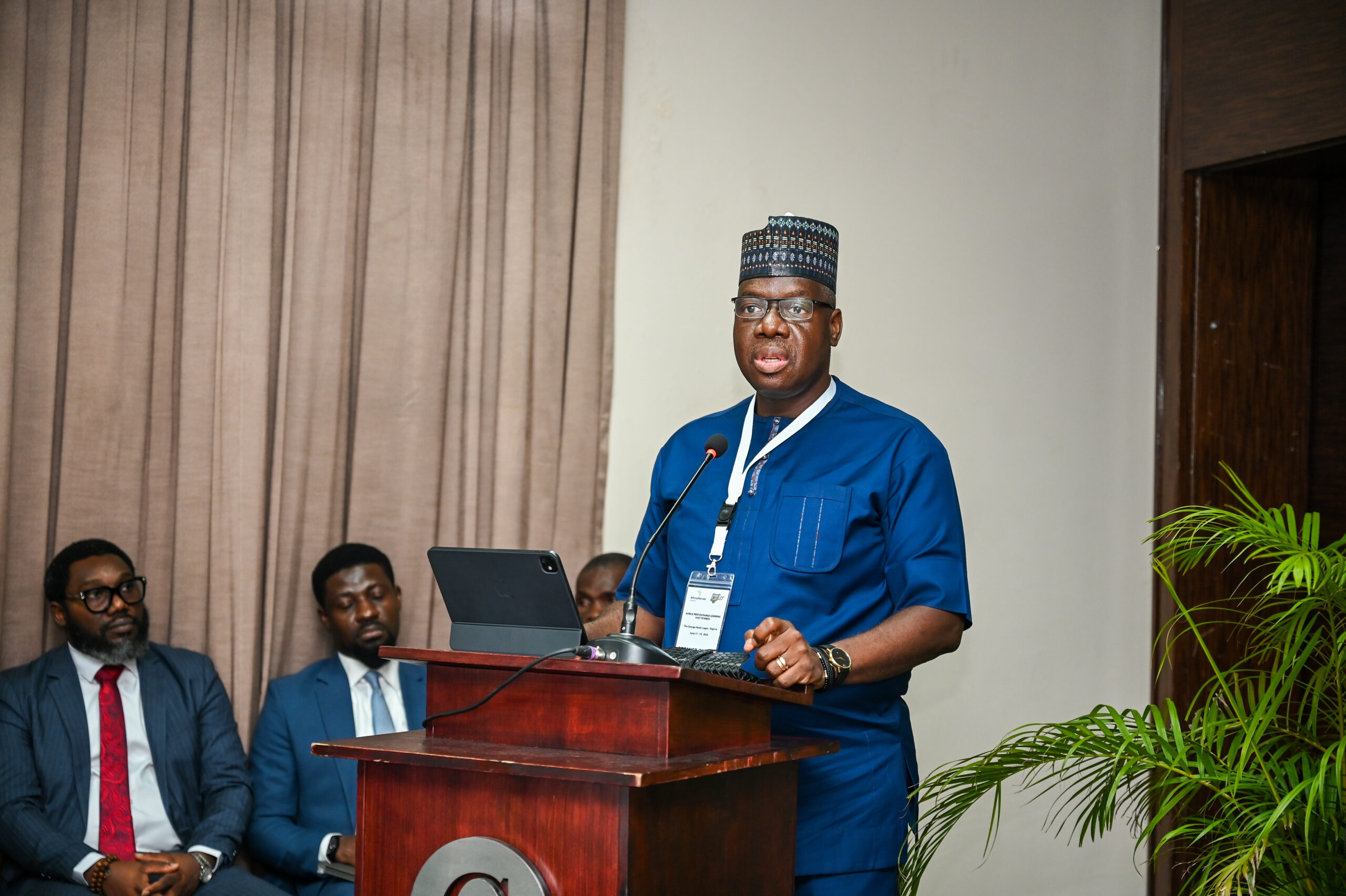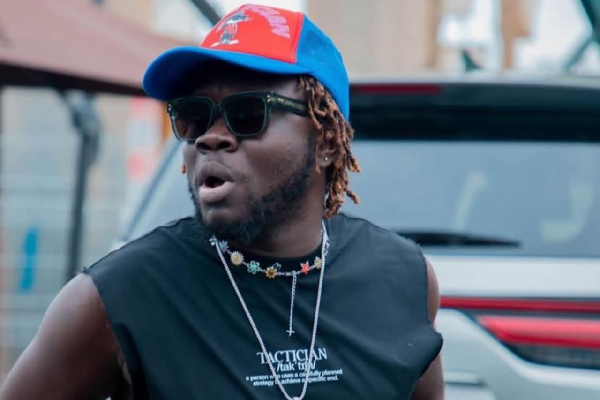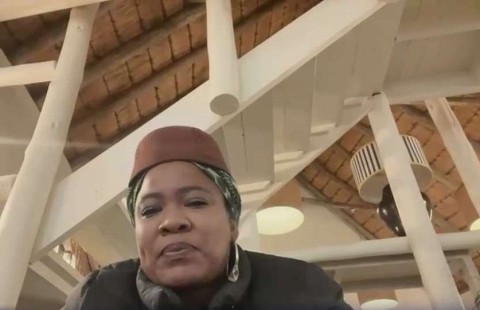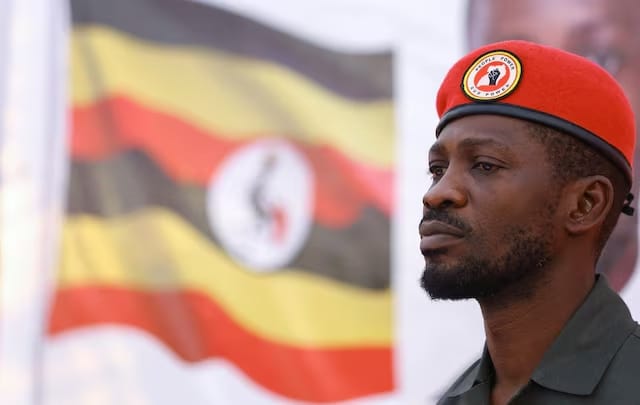Uganda Army Suspends Military Ties with Germany
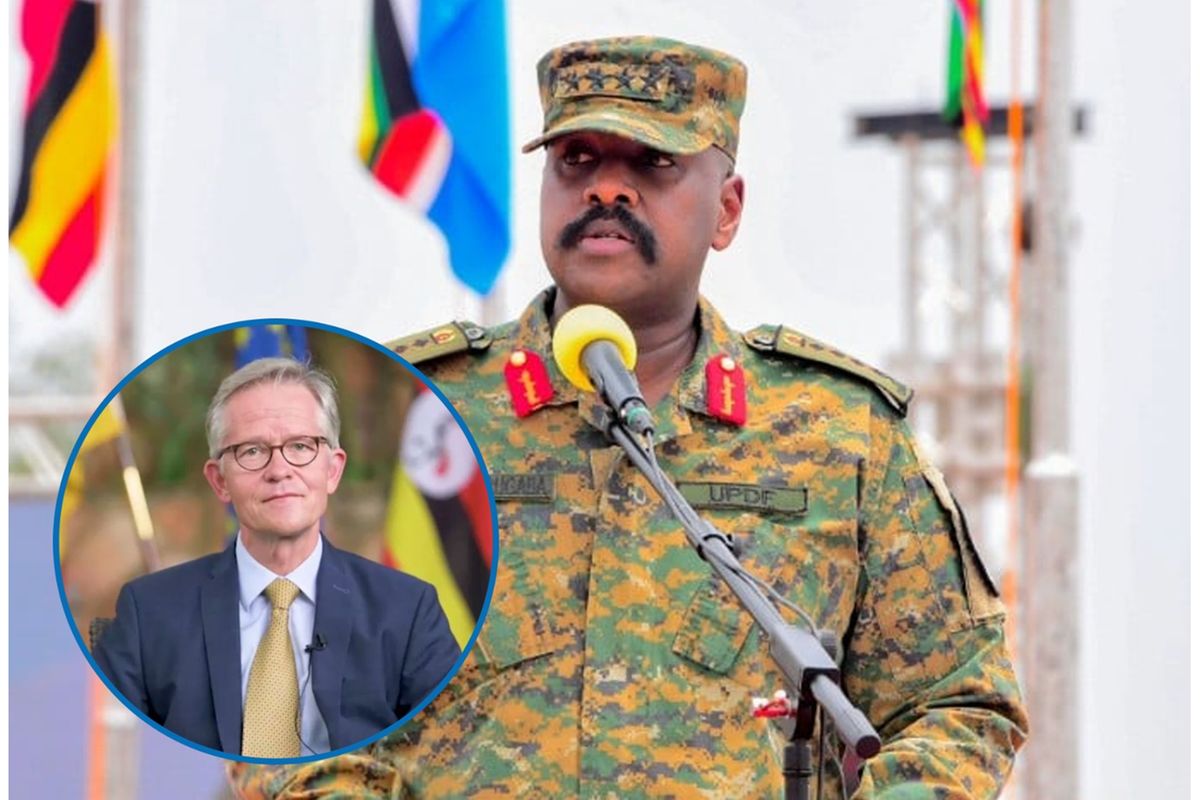
Uganda has officially suspended all military and defence cooperation with Germany, a move spurred by accusations that the German ambassador, Mathias Schauer, has been involved in "subversive activities." This significant diplomatic development has been met with a strong rebuttal from Germany's foreign ministry, which dismissed the allegations as "absurd and without any merit." According to Col Chris Magezi, spokesperson for the Uganda People’s Defence Forces (UPDF), the suspension took effect immediately, predicated on "credible intelligence reports" concerning Ambassador Schauer's purported actions. However, Ugandan authorities have not yet publicly provided specific evidence to substantiate these claims. The UPDF statement indicated that the suspension will remain active until there is a "full resolution of the matter of the Ambassador’s involvement with pseudo political-military forces operating in the country against the Ugandan government."
The immediate trigger for this diplomatic fallout appears to be Ambassador Schauer's recent expressions of concern regarding the conduct of Gen Muhoozi Kainerugaba, the chief of Uganda's army and the son of President Yoweri Museveni. Reports suggest that during a meeting last week with European Union (EU) diplomats, which was also attended by Gen Salim Saleh (President Museveni's brother and coordinator of the Operation Wealth Creation programme), Schauer raised issues about Gen Kainerugaba's controversial posts on the social media platform X. These posts included threats to behead opposition leader Robert Kyagulanyi, widely known as Bobi Wine, and boasts about the torture of Wine's bodyguard while in detention. Schauer reportedly pointed out the significant "reputational damage" these online statements were causing to Uganda.
Gen Muhoozi Kainerugaba, who is often seen as a likely successor to his father, responded critically to the ambassador. In a post on X, Kainerugaba stated he was "having issues" with the German ambassador "that has to do with him as a person," adding, "He is wholly unqualified to be in Uganda. It has nothing to do with the great German people. Whom I admire a lot." This personal criticism followed Schauer's concerns. Gen Kainerugaba has a documented history of making inflammatory statements, including previous threats directed at Western diplomats. More recently, he warned the EU that it was "playing with fire" after a group of EU ambassadors met with Bobi Wine and other members of Uganda's opposition.
These events are unfolding within a politically charged atmosphere in Uganda, as the country prepares for general elections scheduled for early next year. President Yoweri Museveni has held power for approximately four decades, leading to criticism that his government operates as a family dynasty. His wife, Janet Museveni, serves as the minister of education, and his brother, Gen Salim Saleh, holds a significant governmental role. Opposition leader Bobi Wine is anticipated to be a candidate against President Museveni. Human rights organizations have accused the Ugandan government of systematically targeting opposition figures, particularly in the run-up to elections. Numerous opposition politicians and their supporters have been arrested, facing allegations of subversive activities, which the opposition decries as politically motivated and based on trumped-up charges. Notably, veteran opposition figure Kizza Besigye is currently facing treason charges.
Regarding the specifics of the suspended military ties, Ugandan officials have referred to "all ongoing defence and military cooperation activities." Conversely, a spokesperson for Germany's foreign ministry asserted that there was "no formalised military cooperation" between the two countries. It is known, however, that Uganda contributes troops to the African Union peacekeeping force in Somalia, referred to as Aussom in reports, an operation that receives partial funding from the European Union, of which Germany is a prominent member. Before this incident, the German embassy in Uganda had characterized the bilateral relationship as one built on "stability and trust," noting that trade between the two nations was valued at approximately $335 million in 2024. The current diplomatic crisis casts a significant shadow over these established relations.

